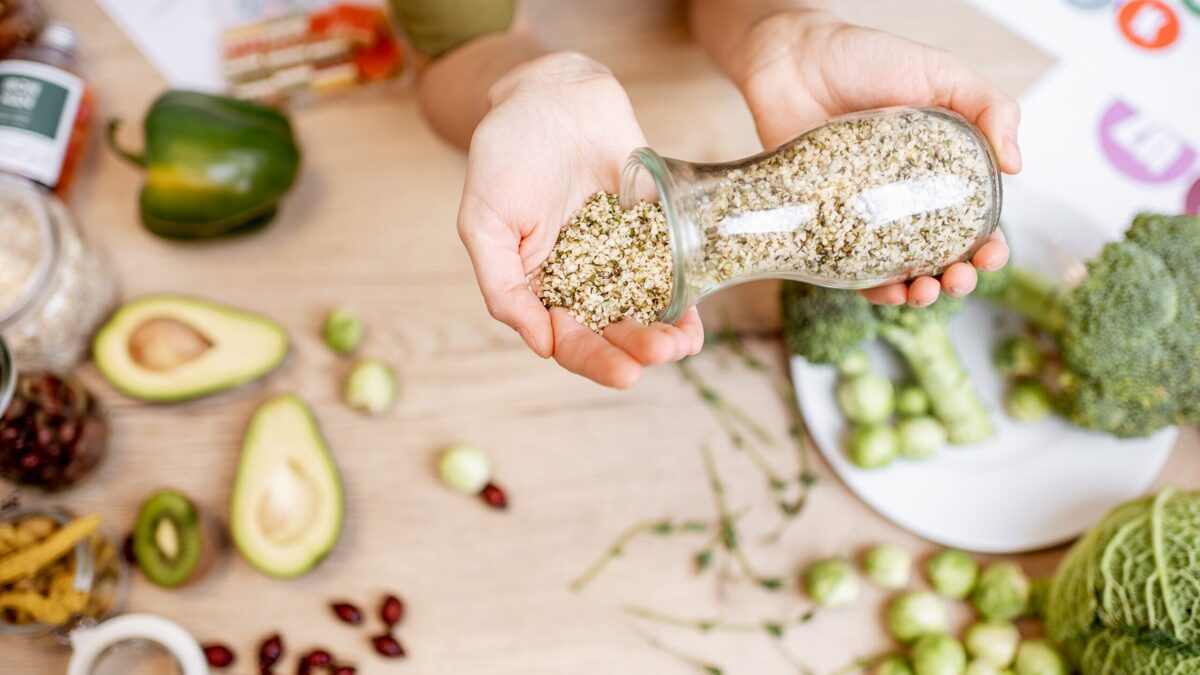Hemp in the Food Industry: Nutrition and Benefits

Hemp is steadily gaining recognition as a nutritional powerhouse in the food industry, thanks to its seeds and oil. Hemp seeds, often referred to as hemp hearts, are packed with essential nutrients like protein, healthy fats, and fiber. Hemp oil, derived from cold-pressing the seeds, offers a versatile and nutritious addition to various dishes. As more people become interested in natural, plant-based foods, hemp is emerging as a valuable ingredient for enhancing overall wellness. In this post, we’ll dive into the nutritional benefits of hemp and explore some simple ways to incorporate it into your daily meals.
The Nutritional Power of Hemp Seeds and Oil
Rich in Essential Fatty Acids
One of the standout features of hemp seeds and hemp oil is their impressive profile of essential fatty acids. They contain a perfect 3:1 ratio of omega-6 to omega-3 fatty acids, which supports heart health, brain function, and inflammation regulation. Unlike many other plant oils, hemp oil naturally includes gamma-linolenic acid (GLA), a type of omega-6 that has been shown to have anti-inflammatory properties, making it beneficial for conditions like arthritis and eczema.
A Complete Plant Protein
Hemp seeds are one of the few plant sources that provide a complete protein, containing all nine essential amino acids. This makes them an excellent option for vegetarians, vegans, and anyone looking to add more plant-based protein to their diet. Hemp protein is easily digestible, so your body can efficiently absorb and utilize it, helping to support muscle growth, immune function, and overall energy levels.
High in Fiber and Nutrients
Hemp seeds are also rich in fiber, particularly when eaten with their outer shells. Fiber is essential for maintaining healthy digestion, regulating blood sugar levels, and supporting heart health. Additionally, hemp seeds contain important vitamins and minerals such as vitamin E, magnesium, phosphorus, potassium, and zinc. These nutrients contribute to various aspects of health, from bone strength to immune support.
Beyond its nutritional benefits, hemp is also a sustainable crop that requires fewer resources than other plant-based proteins. It grows quickly, uses minimal water, and requires little to no pesticides, making it an environmentally friendly choice. By adding hemp to your diet, you’re not only nourishing your body but also supporting a more sustainable food system.
